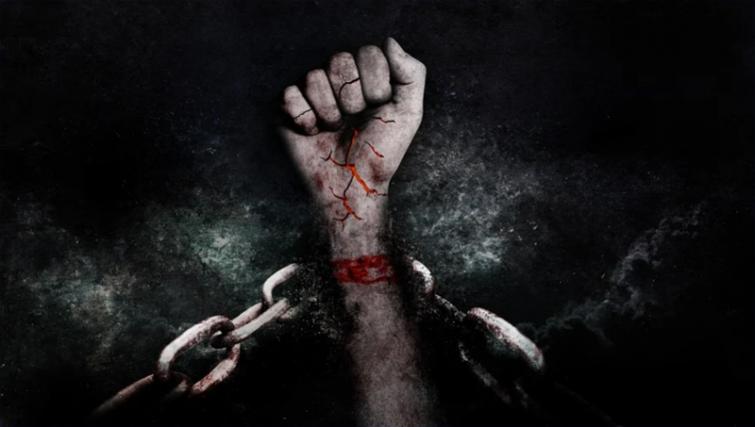
Prisoners protest over Pakistan's jail COVID-19 infections
Islamabad/Xinhua: Prisoners in Pakistan's south Sindh province lodged a protest and held four policemen hostage after their seven inmates were tested positive of COVID-19, local media reported on Tuesday.
The jail's authorities tested 77 people including staff members and prisoners of the disease and eight of them -- seven prisoners and a staff member -- tested positive. The infected people and their barrack mates were quarantined to stop the spread of the disease in the prison.
However, the rest prisoners in the jail, after the test outcomes, resorted to a violent protest and also kept four police hostage, demanding the authorities to let them maintain social distancing by allowing them to move out of their barracks.
A heavy contingent of police was called in to manage the protest, and the hostages were released after a discussion between police and the prisoners, the reports added.
According to a recent report of the Prison Department of Sindh, 578 prisoners have been tested positive of the disease in the province so far, and all of them have been either quarantined in their jails or have been shifted to hospitals.
After the emergence of initial COVID-19 cases in the country in late February and early March, local courts released scores of prisoners involved in light crimes in order to control over-crowdedness and spread of the disease in the jails.
Support Our Journalism
We cannot do without you.. your contribution supports unbiased journalism
IBNS is not driven by any ism- not wokeism, not racism, not skewed secularism, not hyper right-wing or left liberal ideals, nor by any hardline religious beliefs or hyper nationalism. We want to serve you good old objective news, as they are. We do not judge or preach. We let people decide for themselves. We only try to present factual and well-sourced news.







